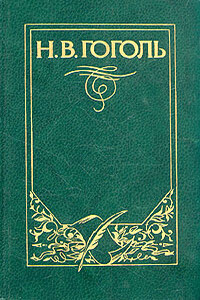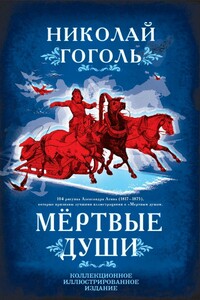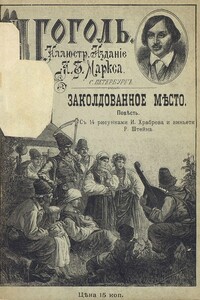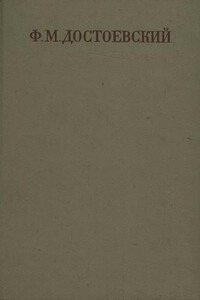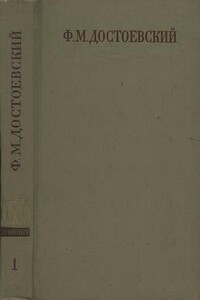|
| Her beautiful shoulders and bosom, white as fresh-fallen snow upon the mountain-tops, would have been crushed to earth and covered with blood and dust. Her lovely body would have been torn to pieces. | Избились бы о землю, окровавившись и покрывшись пылью, ее чудные груди и плечи, блеском равные нетающим снегам, покрывающим горные вершины; разнес бы по частям он ее пышное, прекрасное тело. |
| But Taras, who did not foresee what God prepares for man on the morrow, began to grow drowsy, and finally fell asleep. | Но не ведал Бульба того, что готовит бог человеку завтра, и стал позабываться сном, и наконец заснул. |
| The Cossacks still talked among themselves; and the sober sentinel stood all night long beside the fire without blinking and keeping a good look out on all sides. | А козаки все еще говорили промеж собой, и всю ночь стояла у огней, приглядываясь пристально во все концы, трезвая, не смыкавшая очей стража. |
| CHAPTER VIII | VIII |
| The sun had not ascended midway in the heavens when all the army assembled in a group. | Еще солнце не дошло до половины неба, как все запорожцы собрались в круги. |
| News had come from the Setch that during the Cossacks' absence the Tatars had plundered it completely, unearthed the treasures which were kept concealed in the ground, killed or carried into captivity all who had remained behind, and straightway set out, with all the flocks and droves of horses they had collected, for Perekop. | Из Сечи пришла весть, что татары во время отлучки козаков ограбили в ней все, вырыли скарб, который втайне держали козаки под землею, избили и забрали в плен всех, которые оставались, и со всеми забранными стадами и табунами направили путь прямо к Перекопу. |
| One Cossack only, Maksin Galodukha, had broken loose from the Tatars' hands, stabbed the Mirza, seized his bag of sequins, and on a Tatar horse, in Tatar garments, had fled from his pursuers for two nights and a day and a half, ridden his horse to death, obtained another, killed that one too, and arrived at the Zaporozhian camp upon a third, having learned upon the road that the Zaporozhtzi were before Dubno. | Один только козак, Максим Голодуха, вырвался дорогою из татарских рук, заколол мирзу, отвязал у него мешок с цехинами и на татарском коне, в татарской одежде полтора дни и две ночи уходил от погони, загнал насмерть коня, пересел дорогою на другого, загнал и того, и уже на третьем приехал в запорожский табор, разведав на дороге, что запорожцы были под Дубном. |
| He could only manage to tell them that this misfortune had taken place; but as to how it happened-whether the remaining Zaporozhtzi had been carousing after Cossack fashion, and had been carried drunk into captivity, and how the Tatars were aware of the spot where the treasures of the army were concealed-he was too exhausted to say. | Только и успел объявить он, что случилось такое зло; но отчего оно случилось, курнули ли оставшиеся запорожцы, по козацкому обычаю, и пьяными отдались в плен, и как узнали татары место, где был зарыт войсковой скарб, - того ничего не сказал он. |
| Extremely fatigued, his body swollen, and his face scorched and weatherbeaten, he had fallen down, and a deep sleep had overpowered him. | Сильно истомился козак, распух весь, лицо пожгло и опалило ему ветром; упал он тут же и заснул крепким сном. |
| In such cases it was customary for the Cossacks to pursue the robbers at once, endeavouring to overtake them on the road; for, let the prisoners once be got to the bazaars of Asia Minor, Smyrna, or the island of Crete, and God knows in what places the tufted heads of Zaporozhtzi might not be seen. | В подобных случаях водилось у запорожцев гнаться в ту ж минуту за похитителями, стараясь настигнуть их на дороге, потому что пленные как раз могли очутиться на базарах Малой Азии, в Смирне, на Критском острове, и бог знает в какие местах не показались бы чубатые запорожские головы. |
| This was the occasion of the Cossacks' assembling. | Вот отчего собрались запорожцы. |
| They all stood to a man with their caps on; for they had not met to listen to the commands of their hetman, but to take counsel together as equals among equals. |


